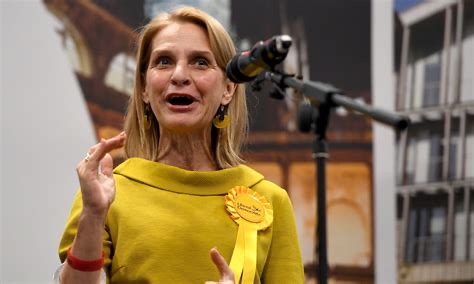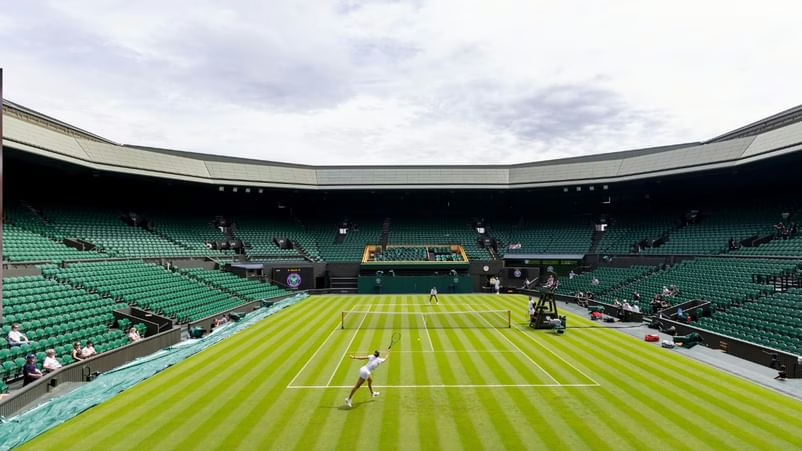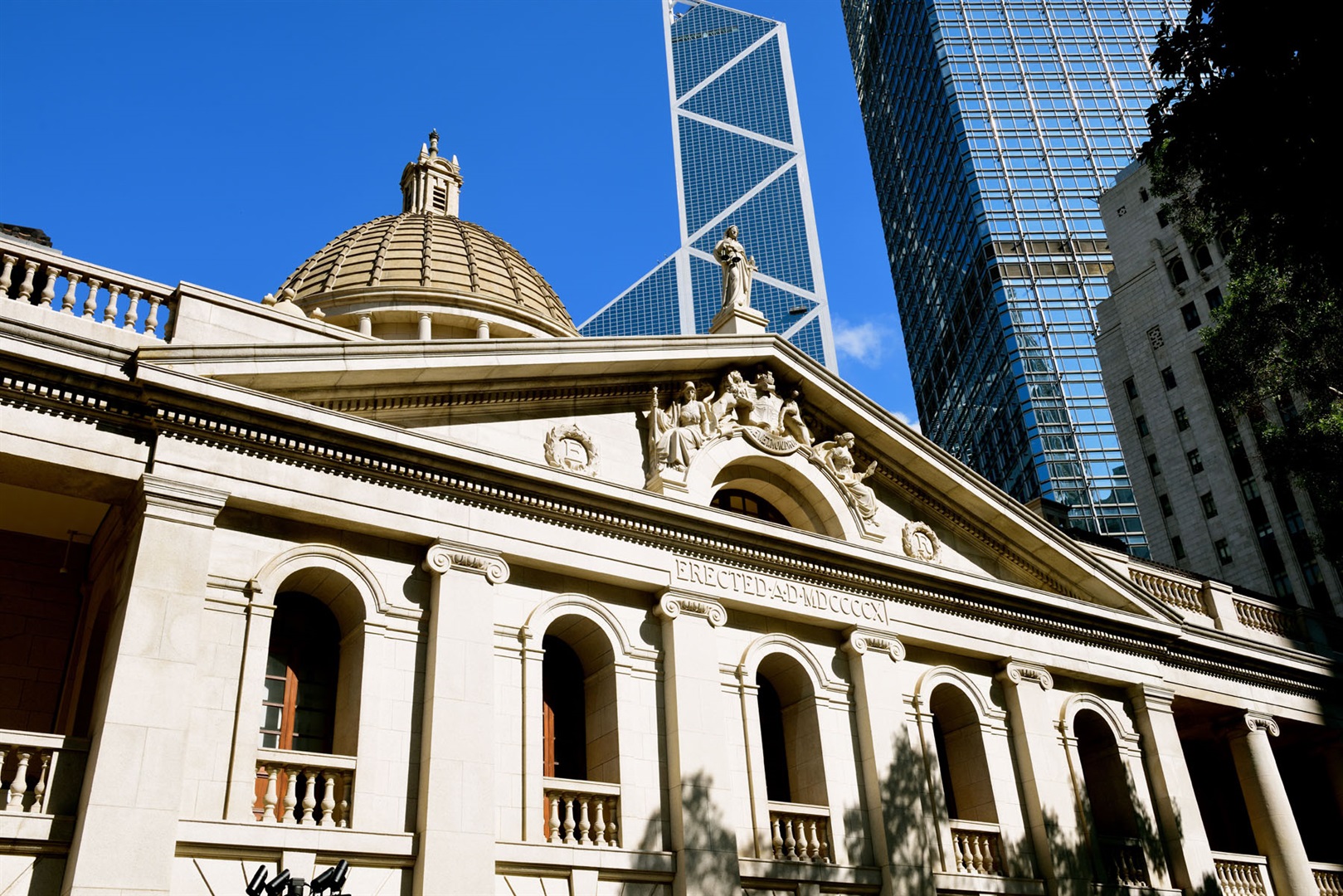British MP Wera Hobhouse was denied entry to Hong Kong last Thursday upon arrival at the airport, in a move that has sparked political outcry and further scrutiny of the city’s diminishing openness to foreign dignitaries and critics.
The Bath MP and Liberal Democrat politician, who is also a member of the Inter-Parliamentary Alliance on China (IPAC), was travelling to Hong Kong on what she described as a private visit to see her newborn grandchild. However, upon landing, she was detained by immigration officers, had her passport confiscated, and her luggage searched. After being questioned about her occupation and the purpose of her trip, she was escorted to a departure gate and deported from the city.
“The Hong Kong authorities provided no reason for refusing my entry,” Hobhouse stated on Bluesky, a social media platform. “To my knowledge, I am the first UK MP to be denied entry to Hong Kong since the 1997 handover.”
Her exclusion has raised immediate concerns in Westminster. UK Foreign Secretary David Lammy expressed deep concern over the incident, stating that the Foreign, Commonwealth and Development Office (FCDO) would lodge a formal request for clarification with the Chinese government. “This is a worrying signal about the state of rights and openness in Hong Kong,” Lammy said.
A Growing List of Denied Entries
Hobhouse joins a growing list of international figures who have been refused entry into Hong Kong, particularly since the imposition of the National Security Law in 2020. The list includes:
• Benedict Rogers, founder of Hong Kong Watch, barred in 2017.
• Victor Mallet, former Asia editor for the Financial Times, denied work visa renewal in 2018 after hosting a talk by a pro-independence activist.
• Ray Wong and Alan Li, Hong Kong activists who were granted asylum in Germany and subsequently blacklisted.
• Ken Roth, former executive director of Human Rights Watch, reportedly denied entry in 2020.
• Clive Hamilton, Australian academic, said he was warned against travelling to Hong Kong due to possible arrest.
• Andrew Wan, former Hong Kong lawmaker, now living in exile, reportedly barred from return.
These incidents highlight an ongoing pattern in which journalists, activists, and politicians deemed critical of Beijing’s policies are prevented from entering Hong Kong.
Damage to Hong Kong’s Global Standing
Observers warn that such exclusions risk harming Hong Kong’s reputation as an international hub. Once celebrated for its openness and rule of law, the city is increasingly seen as hostile to dissent and international engagement.
“This kind of behaviour undermines Hong Kong’s credibility as a global city,” said a political analyst in London. “When lawmakers from free societies are barred without explanation, it sends a chilling message—not only to critics but to investors, academics, and tourists alike.”
As diplomatic tensions rise, the case of Wera Hobhouse may further chill UK-Hong Kong relations and cast a long shadow over Hong Kong’s claim to remain a gateway between East and West.
Discover more from “Bridging Hongkongers. Reporting Truth.”
Subscribe to get the latest posts sent to your email.




